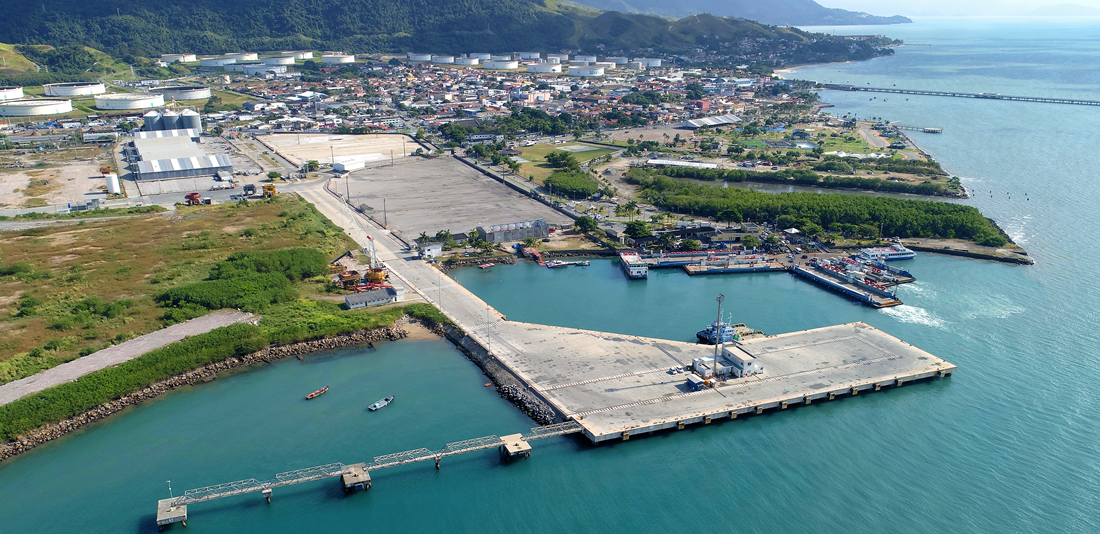
São Paulo Gov’t to Implement Pilot Port Community System
May, 06, 2024 Posted by Gabriel MalheirosWeek 202418
The São Paulo government is set to launch a pilot project to introduce Port Community System (PCS) technology at the port of São Sebastião, located in the Santos Metropolitan Region. Scheduled for implementation by 2026, this move presents an opportunity for enhanced efficiency in port logistics, facilitating greater integration among stakeholders, reducing costs, and minimizing waiting times for vessels and cargo vehicles.
Lucas Ferraz, the Secretary of State for International Business, outlined the initiative during the National Forum of Logistics, Infrastructure, and Transport – Brasil Export 2024, held in Santos. He emphasized the global adoption of PCS by major ports and expressed São Paulo’s ambition to lead as the first Brazilian state to embrace this technology.
The PCS serves as a digital platform that unifies all participants within the port community, streamlining processes for ships, trucks, and import/export operations. Its implementation promises efficiency gains and sustainability benefits by optimizing port logistics management.
Denis Gerage Amorim, the Undersecretary of Logistics and Transport at the Secretariat of Environment, Infrastructure, and Logistics (Semil), highlighted the system’s potential to enhance logistical efficiency, reduce operational costs, and contribute to environmental sustainability.
Supported by investments in technology and ongoing infrastructure enhancements, such as the Southern Contour of the Nova Tamoios Highway, slated for completion by year-end, the Port of São Sebastião aims to elevate its operational efficiency and serve as a benchmark for others.
Ernesto Sampaio, President of Companhia Docas de São Sebastião, underscored the PCS’s role in enabling comprehensive cargo tracking and optimizing port logistics management.
“Our objective is to roll out the PCS by 2026. Initially, we engaged the port community of São Sebastião to collaborate in achieving this shared goal. Our next step involves visiting European ports where this technology is already in use, allowing us to gain deeper insights into the platform’s functionalities, benefits, and resource optimization. Our subsequent challenge lies in enhancing our understanding of the system in collaboration with the technology providers,” stated Sampaio.
To prepare for the PCS implementation, Sampaio indicated plans for collaborative engagement with the São Sebastião port community and learning visits to European ports already utilizing the technology.
Notable ports like Hamburg, Rotterdam, and Valencia have successfully integrated the PCS, providing real-time information on vessel movements and cargo operations. São Paulo’s International Business Secretariat has been actively engaging with the São Sebastião port community to explore optimal PCS governance models and address regulatory hurdles.
The successful pilot project launch also sets the stage for potential PCS deployment at the Port of Santos, offering significant cost savings estimated at approximately R$1 billion annually in vessel transit operations.
-
Economy
Dec, 29, 2023
0
Argentina rejects invitation to join BRICS
-
Oil and Gas
Aug, 19, 2019
0
BW Offshore starts operating in Brazil
-
Grains
Jul, 30, 2020
0
Brazil´s soy harvest expected to reach a record 130 million tonnes in 2020/21
-
Ports and Terminals
May, 16, 2021
0
Brazil’s Federal Police investigates corruption at Espírito Santo port authority

